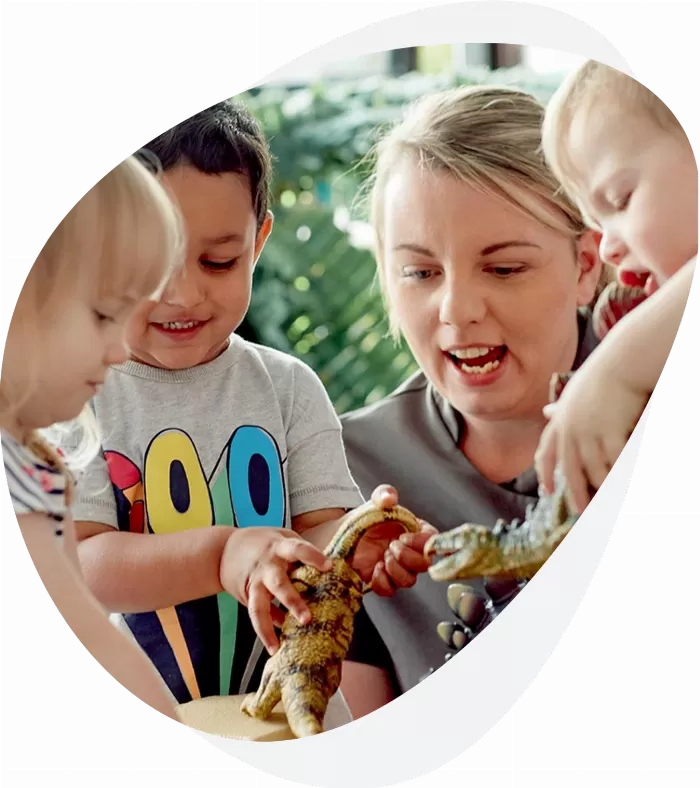The apprenticeship at a glance





For this Early Years apprenticeship, learners should:
- Be able to gain a satisfactory Disclosure and Barring Service (DBS) certificate
- Ideally hold a Level 2 qualification or equivalent
- Individuals must hold a level 2 or working towards a level 2 in Functional Skills.

The EPA for the level 3 early years educator apprenticeship consists:
- A Professional Discussion underpinned by a portfolio of evidence
- Direct Observation in Practice with questions
- Upon successful completion apprentices are graded: Pass, Merit or Distinction.




